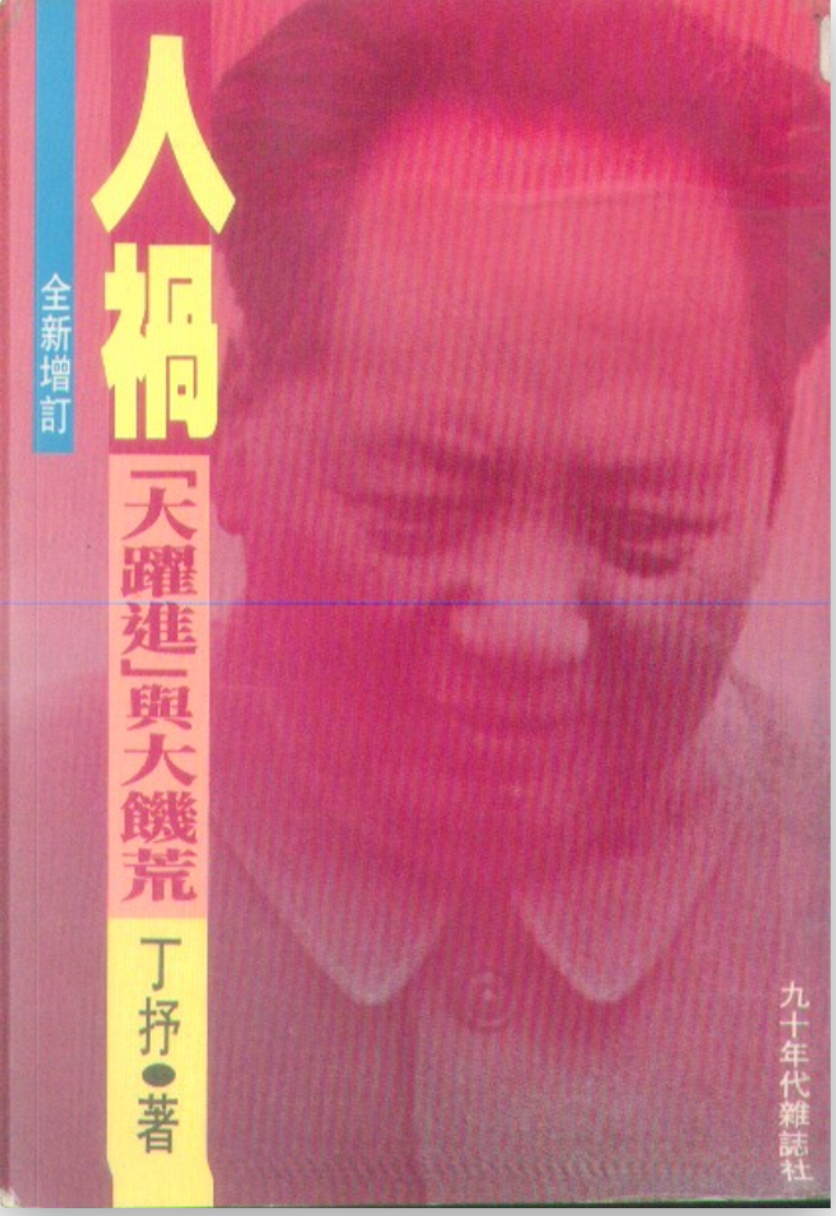Explore the collection
Showing 5 items in the collection
5 items
Book
In the Palm of Buddha (Updated Edition)
Zhang Dongsun is an unavoidable but deliberately obscured figure in modern China. Considered the earliest translator of Western philosophy, a famous newspaperman, political commentator, and professor at Yenching University; the first mediator between the Kuomintang and the Communist Party in 1949, and the first Central People's Government Member. He was convicted of treason in 1951 and disappeared. The well-known writer and journalist Dai Qing completed this historical documentary after eight years of investigation and writing and nearly ten years of revising and updating. Taking Zhang Dongsun's life as the main theme, he wrote about changing times from the late Qing dynasty to the Cultural Revolution.
An expanded edition of this book will be published by the Chinese University of Hong Kong Press in 2022. The following is the link to purchase books from the publisher:
https://cup.cuhk.edu.hk/index.php?route=product/product&product_id=3466
Book
Living Monument in the Square: June 4 Bloodshed through the Eyes of a Hong Kong Woman Reporter
The author of this book was a reporter for "Sing Tao Daily" and was stationed in Beijing at the end of April 1989 to cover the democracy movement. The book is divided into six main parts: Square Facts records the course of the 1989 democracy movement, from the author's visit to Beijing in April to the early morning of June 4, when she and the masses were evacuated from Tiananmen Square. The second part concerns post-hijacking memories, which are some of the author's interviews from 1989. The third part concerns the interviews. The author had interviewed 7 student leaders and intellectuals that year. The leaders told her the reasons why they devoted themselves to the student movement. The fourth part is about the rest of the author's life, from June 4 to December 1990. The author has recorded some fragments of her speeches to the secondary school students in Hong Kong. Some of them are sentimental, some of them are confessional, and all of them are sincere and heartfelt. The fifth part is "Twenty Years of Wounds," which is a reminiscence written by the author on the 20th anniversary of June Fourth. The sixth part is about the grassroots of June 4. These grassroots actors have been pretty much forgotten. The author wanted to write a biography of the grassroots of June 4 in order to fill in gaps in history.
Book
Man-Made Disasters: The Great Leap Forward and the Great Famine.
The author of this book, Ding Shu, is a Chinese scholar living in the United States. Published in 1991 by the Hong Kong-based "Nineties Magazine", this book is the first monograph on the Great Famine in China. It has been described by some scholars as the cornerstone of the study of the Great Famine in China. The book was later updated and reprinted. The book starts from the cooperative movement and moves on to the Great Leap Forward, the Great Iron and Steel Refining, the People's Commune, the Satellite Release and the Great Communist Wind; then, it turns to the Lushan Conference against right-leaning as well as the 7,000 People's Congress in 1962. The author collected almost all the information that could be collected at that time and summarized it to describe the situation of this great famine and its causes and consequences. The content of this book is from the website of the Chinese blog "Bianchengsuixiang" (编程随想).
Book
Yangmou - The Beginning and End of the Anti-Rightist Movement
The revised edition of this book was published by *Open Magazine* in Hong Kong in 2007. The first edition was published in 1991 and was revised and reprinted twice, in 1993 and 1995. The book collects a large amount of information about the anti-rightist movement, including survey interviews with victims of the anti-rightist movement and their relatives and friends. It is a complete record of the anti-rightist movement, which comprehensively analyzes and discusses the whole process of the anti-rightist movement, as well as its ins and outs, causes and consequences. Regarding the number of "rightists," the statistics of the CCP authorities had been limited to 550,000 people. According to Ding Lyric's analysis, there were about 1.2 million people who were labeled as "rightists" in the Anti-Rightist Movement.
Book
Yangtze Yangtze
In March 1989, the book Yangtze Yangtze was published by the Guizhou People's Publishing House just as the Tiananmen student protests were about to begin in Beijing. The book fed into this intellectual ferment, challenging the technocratic reasons for the Three Gorges Dam, which eventually would dam the Yangtze River in the name of flood control and electrical power generation.
The book was edited by the journalist Dai Qing, the daughter of a well-known Communist Party activist and leader. The book challenged the project's decision-making process, with a broad array of scientists, journalists, and intellectuals arguing that it was not democratic and did not take into account all viewpoints. It was widely read in China and translated into foreign languages.
After the Tiananmen protests were violently suppressed, Dai Qing was arrested and imprisoned for ten months in Qincheng Prison as an organizer of the uprising. Yangtze Yangtze was criticized as “promoting bourgeois liberalization, opposing the Four Fundamental Principles (of party control), and creating public opinion for turmoil and riots.” The book was taken off the shelves and destroyed, with some copies burned. It became the first banned book resulting from the decision-making process of the Three Gorges Project.
The book is banned in China. The English-language edition can be read online at Probe International: https://journal.probeinternational.org/three-gorges-probe/yangtze-yangtze/.




